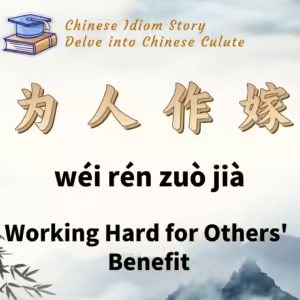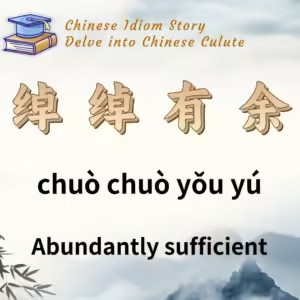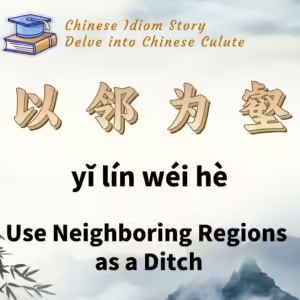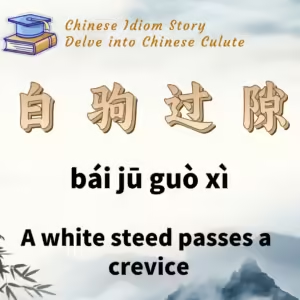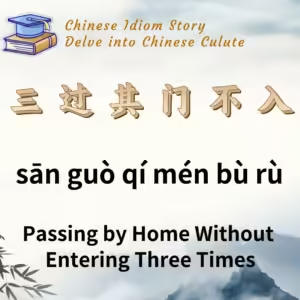
Chinese Idiom: 三过其门不入 (San Guo Qi Men Bu Ru)
English Translation: Passing by Home Without Entering Three Times
pīn yīn: sān guò qí mén bù rù
Idiom Meaning: This idiom describes someone who, in the course of their duties, passes by their home three times without entering. It is used to depict a person who is devoted to public service and works tirelessly for the benefit of others.
Historical Source: Mencius, Chapter 4 and Records of the Grand Historian, Basic Annals of Xia.
Idiom Story:
In ancient times, during Emperor Yao’s reign, a great flood wreaked havoc, bringing immense suffering to the people. Emperor Yao appointed Gun to control the flood, but after nine years without success, Emperor Shun, who temporarily assumed the role of the ruler, executed Gun at Yushan and appointed Gun’s son, Yu, to take over the task of flood control.
Yu was determined to find a solution to the flood problem. He decided to adopt a method of guiding the water to the sea rather than blocking it. Yu devoted himself to this mission for thirteen years, passing by his home three times without entering. He used simple tools like stone axes and knives, working alongside the people to dig channels and build dikes. His hands became calloused, his feet developed thick pads, and his appearance grew rugged from the harsh conditions.
Yu’s dedication was such that even after marrying a woman named Nü Jiao, he left home four days after the wedding to continue his work. On the first occasion, he passed by his home, hearing his newborn son crying and his wife groaning in childbirth, but he did not enter. The second time, his son could call him “father,” but Yu only waved and continued on his way. The third time, his son, now a young boy, tried to pull him into the house, but Yu simply patted his son’s head and asked him to convey his love to his mother, promising to reunite once the flood was controlled.
After thirteen years of relentless effort, Yu finally succeeded in controlling the flood, which led to agricultural development and improved living conditions for the people. Due to his accomplishments, Emperor Shun named Yu as his successor, making him the first ruler of the Xia dynasty, known in history as Xia Yu or Great Yu.
Even after becoming the leader of the tribal alliance, Yu continued to work tirelessly for the welfare of the people, ensuring the prosperity and stability of the state.


